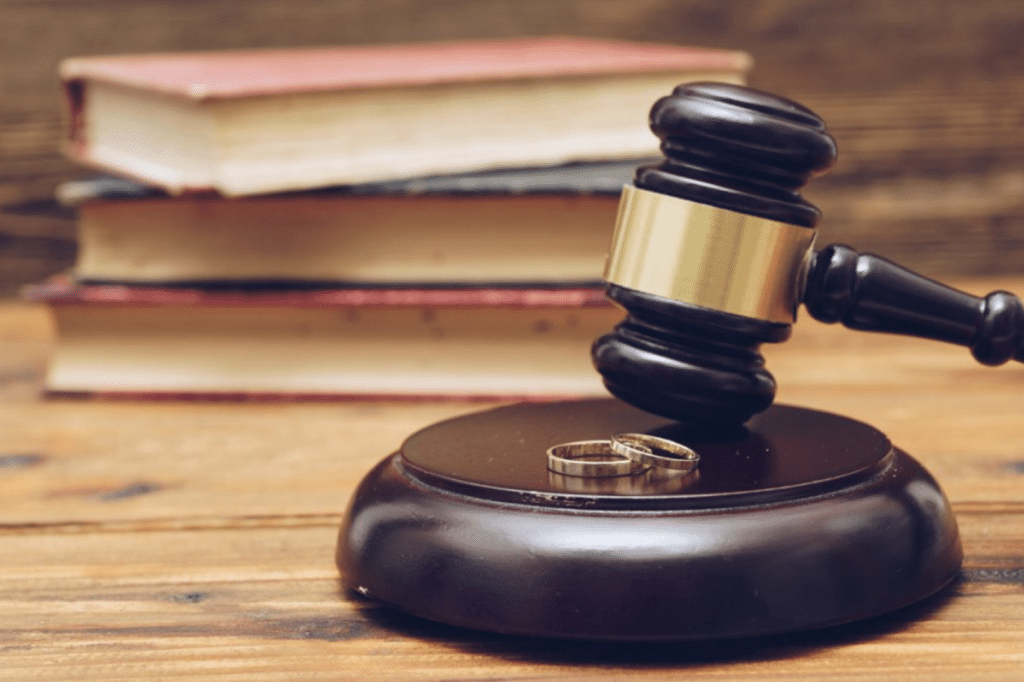Plea bargains are a key part of the criminal justice system, giving defendants a way to resolve their cases without going to trial. The practice has advanced over many years, sparking debates about its role and effectiveness. Today, most criminal cases are settled through plea bargains, highlighting their importance. Understanding how they work is essential to grasping the justice system.
Rather than seeing plea bargains in a simple way, it’s important to consider their varied effects. We’ll look at the basics of plea bargaining here, the benefits they offer, and the potential downsides of accepting such deals. As we explore this, the decision-making process will become clearer, weighing the appeal of a favorable deal against the risks of skipping a trial. Legal advice from a criminal defense attorney, personal values, and long-term effects will also be discussed to help make an informed decision about plea bargains.
The Basics of Plea Bargaining
Plea bargaining is an agreement in the criminal justice system where the defendant pleads guilty to lesser or fewer charges in exchange for a lighter sentence or the dismissal of other charges. Once an informal and secretive process, plea bargaining has become a formal part of modern legal practice, helping courts manage their growing caseloads and resolve cases more quickly. It gained popularity in the mid-20th century as a way to save judicial resources.
The process typically involves initial discussions between the defense and prosecution to review evidence and possible trial outcomes, followed by negotiations over charges, sentencing, and fines. Finally, a judge must approve the plea, ensuring it was made voluntarily and is fair. Opinions on plea bargaining differ: some see it as a practical tool for managing heavy caseloads, while others worry it may pressure defendants into unfair deals.
Advantages of Accepting a Plea Deal
Accepting a plea deal can be beneficial for several reasons. First, it often leads to a lighter sentence, which can greatly impact the future of someone facing harsher penalties at trial. Additionally, plea deals usually speed up the process, reducing the stress and anxiety of drawn-out court cases and allowing defendants to return to their normal lives more quickly.
There are also financial benefits, as avoiding a full trial lowers legal costs. These practical advantages make plea deals an attractive option for many, helping defendants handle charges more efficiently with less financial strain. However, it’s important to consider individual situations and potential consequences before deciding if a plea deal is the best option.
Potential Downsides of Plea Bargains
Plea bargains, while beneficial, also have serious drawbacks that need careful thought. One major concern is the risk of giving up the right to a trial. Defendants may plead guilty to crimes they didn’t commit, often feeling pressured by the uncertainty of a trial. This can result in innocent people accepting guilt for lesser crimes just to avoid harsher penalties.
Additionally, accepting a plea deal can impact future opportunities, like job prospects and personal reputation, leading to potential regret. On a larger scale, there’s a concern that plea bargains may create an imbalanced justice system, giving prosecutors more power and limiting fair trials. This raises ethical and practical questions, making plea bargaining a complex issue that goes beyond individual cases.
Trial Versus Plea: Making the Choice
When deciding whether to take a plea deal or go to trial, defendants need to consider several important factors. One major point is the strength of the evidence; if the case against the defendant is strong, a plea deal might offer a more certain outcome. But if the evidence is weak or unclear, a trial may seem like a better option with a chance for acquittal. The possible sentence also matters. A plea deal often comes with a lighter sentence, which can be appealing if a trial could lead to harsher punishment.
Personal factors, like family responsibilities, values, and how a conviction might affect one’s career or reputation, are also important. While legal advice helps guide the decision, emotional readiness and personal beliefs should also be taken into account. This choice combines legal strategy with personal intuition and future goals.
Legal Guidance and Personal Considerations
Managing plea bargains involves both legal advice and personal reflection. Attorneys play a key role by explaining case-specific laws and providing insights into possible outcomes. They help make sense of legal terms and outline strategic options. However, personal factors are just as important.
Defendants must consider how a plea deal might affect their future, including career prospects, reputation, and personal peace of mind. Moral concerns also come into play—living with a guilty plea can be difficult if they feel innocent. Balancing these aspects with legal advice helps ensure decisions align with both legal strategy and personal values.
When considering a plea bargain, it’s important to weigh both the legal and personal implications. Plea deals can offer significant benefits, like reduced sentences and quicker resolution, saving time and money. However, they also carry potential downsides, such as giving up the right to a trial and the long-term impact on reputation and future opportunities. The decision is not just about legal strategy, but also about personal values, emotional readiness, and how the outcome will affect one’s life. With informed legal guidance and thoughtful reflection, defendants can make a choice that aligns with their best interests.
